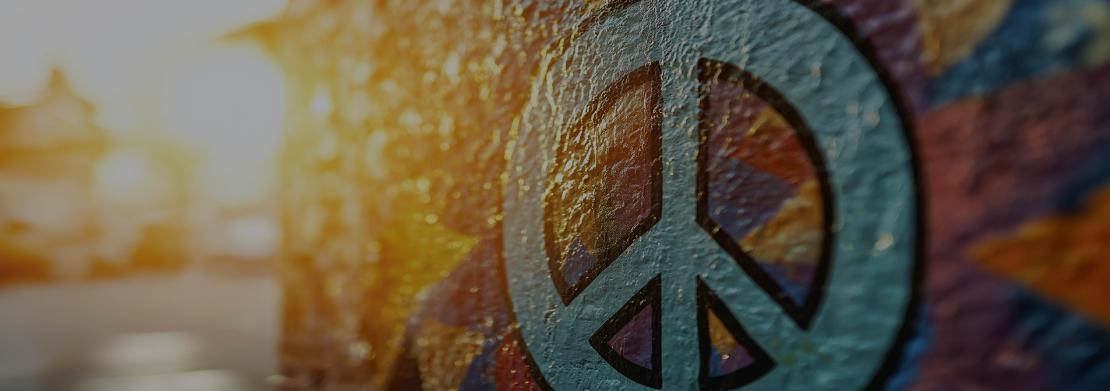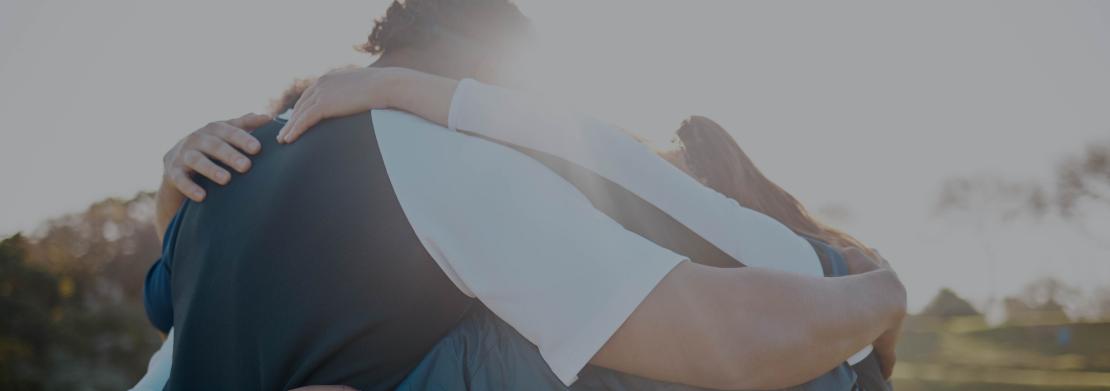Culture of Peace Starts with the Individual
World Peace Day, celebrated every year on September 21, serves as a reminder of the meaning and necessity of peace, especially during a time of increasing conflicts and crises around the world. On this special day, Prof. Dr. Dilek Latif, a faculty member at the Faculty of Economics and Administrative Sciences at Cyprus International University spoke to CIU News Agency, addressing the multifaceted nature of peace that spans from individuals to societies, universities to international institutions. Latif emphasized that peace is not just the absence of war, but a way of life shaped by justice, empathy, and inclusivity.
"Peace is not only the absence of conflict; it is justice, equality, and mutual respect," Latif said, adding, "Maintaining hope for peace is not just an abstract ideal but also a strategic necessity for sustainable development, regional stability, and international security." She highlighted that the most fundamental element of peace is the individual. "At Cyprus International University, we emphasize themes such as peace, human rights, and multiculturalism in our course content; through international projects, seminars, and student organizations, we encourage our students to engage in peace-centered activities," she said.

1. What does World Peace Day mean to us?
World Peace Day is not just about reminding us of the destructive effects of wars; it underscores that peace is not just the absence of conflict but a way of life built on justice, equality, mutual respect, and acceptance of differences. For us, it is a day to recall our shared human values and take responsibility for a more peaceful future.
2. What are the most effective methods for building peace?
Peacebuilding takes place not only at the diplomatic level but also at the societal level. Some of the most effective methods include keeping dialogue channels open, conducting inclusive negotiation processes, spreading a culture of peace through education, and strengthening economic and social justice.
3. How effective do you think international organizations, especially institutions like the United Nations, are in establishing peace?
The United Nations makes significant contributions through international norms and peacekeeping operations. However, the effectiveness of these institutions is limited by the will and cooperation of member states. Therefore, for peace to be sustainable, global solidarity and shared political determination are essential.
4. What role should universities play in spreading a culture of peace? What initiatives is the University of Cyprus undertaking in this regard?
Universities play a crucial role in building a culture of peace as they bring together individuals from diverse cultures. At Cyprus International University, we highlight peace, human rights, and multiculturalism in our course content; we encourage our students to engage in peace-focused activities through international projects, seminars, and student organizations. Additionally, we offer courses on conflict resolution and peace studies.
5. What kind of transformation is needed in education to help young people become individuals who contribute to peace?
We need an educational model based on critical thinking, empathy, and respect for differences, rather than rote learning. Civil society is one of the key actors in spreading peace. The active participation of women, youth, religious groups, and local organizations in peace processes makes peace more inclusive and lasting. For this, decision-making mechanisms must be structured in a more democratic and participatory way.

6. What is your opinion on the role of civil society in peace processes? How can different segments of society be more actively involved?
Civil society is one of the most important actors in spreading peace. The active participation of women, youth, cultural groups, minorities, and marginalized communities, as well as local organizations, makes peace more inclusive and enduring. To achieve this, decision-making processes need to be more democratic and participatory.
7. Do media, social media, and communication tools contribute to peace, or do they fuel division?
Media and social media have a dual effect. When used correctly and responsibly, they can raise societal awareness, increase empathy, and strengthen peace. However, manipulative and polarizing narratives can deepen divisions. The key is the ethical use of communication tools. It is also important to be aware of content aimed at propaganda. We should educate and guide children and young people on this matter.
8. In a period where conflicts are increasing globally, how can we maintain hope for peace? What can we do in this regard?
Maintaining hope for peace is not just an abstract ideal but also a strategic necessity for sustainable development, regional stability, and international security. Strengthening a culture of dialogue, making multilateral cooperation mechanisms more effective, and establishing justice under international law are critical in this context. Living on the island of Cyprus, which is very close to the Middle East, clearly demonstrates the urgency of peace due to regional conflicts and especially the humanitarian crisis in Palestine. Therefore, maintaining hope for peace is not only an individual responsibility but also a shared obligation of the international community.
9. Do you have a message for young people and students on World Peace Day?
The fundamental element of peace is the individual because peace is built not only in inter-state relations but also in the human connections we make in everyday life. When individuals act based on values of empathy, tolerance, and justice, they lay the strongest foundation for lasting peace at the societal level. No matter how comprehensive international peace efforts are, sustainable results are difficult to achieve unless there is a consciousness of peace in the individual’s mind and heart. A small act of empathy, a constructive dialogue, or an unbiased approach can lead to significant changes. My most important message to young people on World Peace Day is never to give up on advocating for peace based on justice and equality.